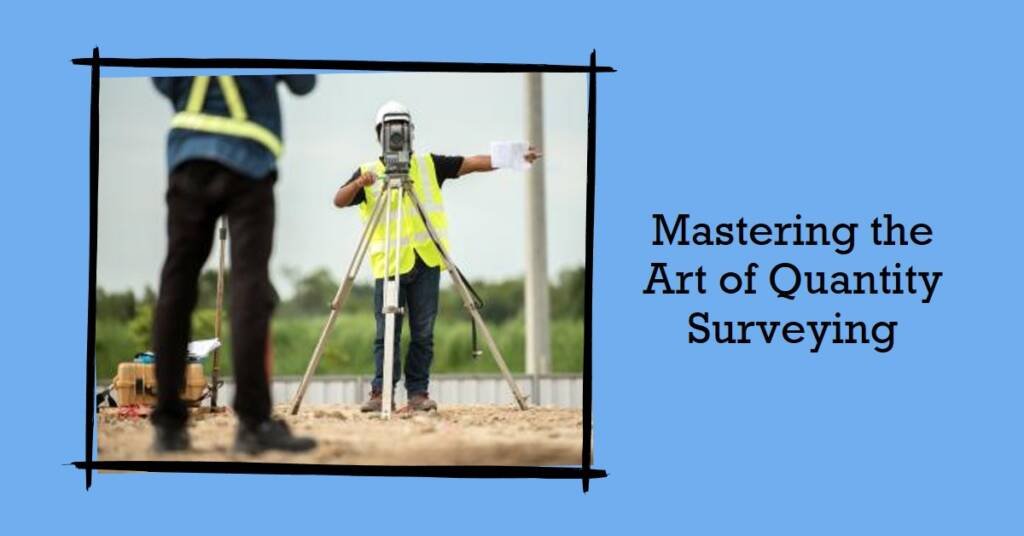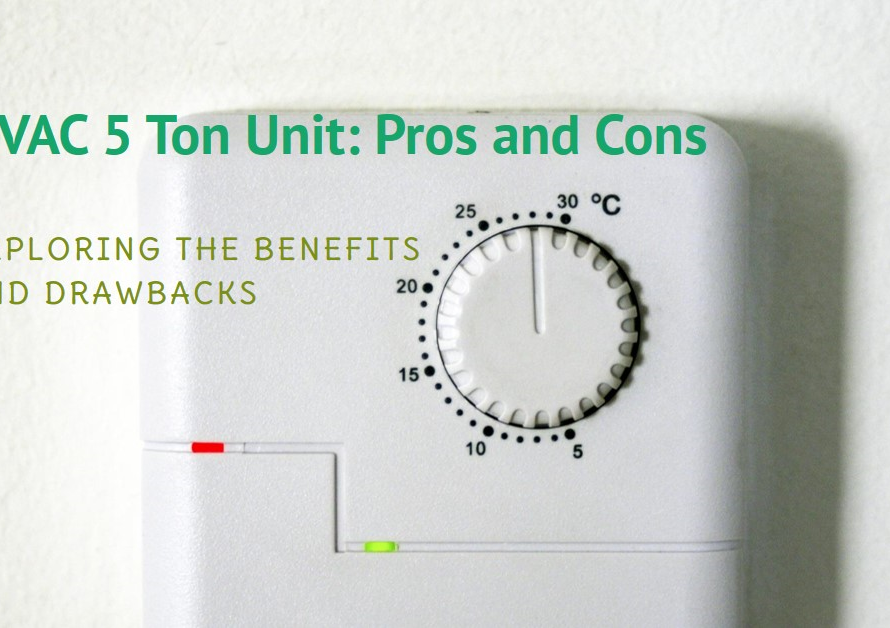
Table of Contents
Understanding the Plumbing Industry
The plumbing industry encompasses a diverse range of services integral to maintaining and improving both residential and commercial infrastructures. Plumbers are tasked with installing, repairing, and maintaining systems that manage water, sewage, and drainage, making their role vital to public health and safety. The types of plumbing work can broadly be categorized into three sectors: residential, commercial, and industrial. Residential plumbing typically focuses on private homes, where plumbers install fixtures, repair leaks, and ensure effective drainage systems. In contrast, commercial plumbing involves larger systems in businesses and public buildings, managing significantly higher demands due to the increased usage of facilities.
Industrial plumbing requires specialized expertise, often dealing with complex systems in manufacturing or production environments. Given the varying complexity and requirements of these sectors, the necessity for licensed plumbing professionals becomes apparent. Licensed plumbers have undergone extensive training, ensuring compliance with codes and safety regulations, which protects both the worker and the public. This licensing is crucial in a field where improper installations or repairs can lead to costly damages or hazardous conditions.
The current demand for skilled plumbers is noteworthy, driven by factors such as population growth, an aging infrastructure, and an ongoing emphasis on sustainability and water conservation. As older systems require replacement or upgrading, the opportunities in this field continue to expand. Furthermore, the career growth potential within the plumbing industry is substantial. As plumbers gain experience, they may specialize in areas such as green plumbing, which focuses on environmental sustainability, or advance into supervisory or managerial roles.
To succeed in the plumbing field, aspiring professionals should develop a comprehensive set of skills, including technical expertise, problem-solving abilities, and customer service acumen. Continuous education and training in emerging technologies and practices are also essential for staying competitive in this evolving industry.
Qualifications and Certifications Needed
To pursue a career as a plumber, individuals must meet certain educational and professional qualifications. The foundational requirement typically includes a high school diploma or its equivalent. This initial step is crucial as it provides essential skills such as reading, math, and basic problem-solving, which are vital in plumbing tasks.
Following this, prospective plumbers often seek vocational training at a trade school. These programs offer a comprehensive understanding of plumbing systems, pipefitting, and applicable safety regulations. Specialized courses can cover topics such as advanced plumbing techniques, blueprint reading, and installation practices. Such training not only enhances practical skills but also bolsters theoretical knowledge necessary for effective plumbing work.
In addition to formal education, completing an apprenticeship is a critical step in becoming a licensed plumber. Apprenticeships, typically lasting 4-5 years, are a combination of on-the-job training and classroom instruction. Under the guidance of experienced professionals, apprentices gain firsthand experience, mastering the nuances of plumbing systems, maintenance, and repair. This hands-on experience is invaluable, as it equips future plumbers with the practical skills demanded by the industry.
Moreover, obtaining the necessary licenses and certifications is imperative for any aspiring plumber. Licensing requirements vary depending on the region but often include passing written exams and fulfilling a set number of training hours. These credentials not only validate a plumber’s skills but also significantly enhance their hiring potential and job opportunities within the industry. Employers typically prefer candidates with recognized certifications, as they indicate a commitment to professional standards and ongoing education.
Ultimately, gaining the required qualifications, including educational credentials, apprenticeship experience, and relevant licenses, positions individuals favorably in the competitive plumbing landscape, paving the way for a successful career in this essential field.
Building Your Resume
Creating a compelling resume is a crucial step in securing a role as a plumber. A well-structured resume not only showcases your work experience but also emphasizes your skills, certifications, and education specifically tailored to the plumbing industry. Begin with a clear and professional layout, ensuring that your contact information is prominently displayed at the top. This includes your full name, phone number, and email address.
Next, focus on your work experience. List your previous positions in reverse chronological order, starting with the most recent role. For each job, include the company name, location, job title, and dates of employment. It is vital to describe your responsibilities and achievements in a way that highlights your hands-on skills and relevant plumbing experience. Use actionable language to convey your contributions, such as “installed plumbing systems in new buildings” or “performed maintenance on residential plumbing to increase efficiency.”
In addition to work experience, emphasize your technical skills and certifications. Plumbing roles often require a variety of specific skills, such as knowledge of local plumbing codes and the ability to read blueprints. Including relevant certifications, such as a plumbing license or completion of vocational training, can significantly enhance your desirability as a candidate. Create a dedicated skills section to feature both hard skills (e.g., pipe installation, leak detection) and soft skills (e.g., problem-solving, communication).
Your education section should reflect any formal training in plumbing or related fields. Highlight coursework, degrees, or apprenticeships that are relevant to the industry, as these can signal to potential employers your dedication to professional development. Remember to tailor your resume for each position you apply for, integrating key terms from the job description to ensure your application resonates with hiring managers.


Crafting a Cover Letter
Writing a compelling cover letter is crucial when applying for a plumber position, as it provides an opportunity to present your qualifications and passion for the trade. Start by addressing the hiring manager with a polite greeting, using their name if available. This personal touch can set a positive tone from the outset.
In the opening paragraph, introduce yourself and express your enthusiasm for the plumbing role you are applying for. Include a brief mention of your professional background, highlighting any relevant experience or certifications, such as being a licensed plumber or having completed an apprenticeship. This establishes credibility and provides context for your application.
The subsequent paragraphs should focus on detailing your qualifications. Use specific examples that demonstrate your skills in plumbing and problem-solving. For instance, you might mention a challenging project you successfully completed, illustrating your ability to handle complex plumbing systems or emergencies. Highlight any specialized areas of expertise, such as residential plumbing, commercial plumbing, or troubleshooting, to show the breadth of your knowledge.
Moreover, it is important to convey your understanding of the company’s values and projects. Research the organization and reference how your goals align with theirs. This can enhance your appeal by demonstrating your commitment to the prospective employer’s mission and your desire to contribute positively to their team.
Conclude the cover letter by reiterating your strong interest in the plumber role and your eagerness to discuss your application further in an interview setting. Thank the hiring manager for considering your application, and express anticipation for their response. A well-crafted cover letter not only highlights relevant experience but also showcases your enthusiasm and fit for the plumbing profession. In summary, focus on clarity and professionalism to leave a lasting impression.
Finding Job Opportunities
Exploring various avenues to find job openings in the plumbing industry is crucial for aspiring plumbers seeking employment. One of the most efficient methods is through online job boards. Websites such as Indeed, Glassdoor, and LinkedIn feature a plethora of listings specifically for plumbing roles. These platforms allow candidates to filter searches based on location, experience level, and job type, empowering them to find positions that align with their career goals.
Additionally, company websites often list job openings that may not be advertised elsewhere. Many plumbing firms prefer to hire directly through their websites, providing valuable insights into the company culture and business philosophy. Prospective plumbers should regularly check these sites and consider setting up job alerts to stay updated on new postings.
Networking is another powerful tool for discovering job opportunities in the plumbing field. Attending industry-related events, such as expos and workshops, facilitates connections with experienced plumbers and industry professionals. These interactions may lead to job offers or recommendations that can significantly aid one’s job search. Similarly, joining trade associations and local plumbing unions can provide access to exclusive job listings and resources tailored to the plumbing profession.
Social media platforms have become increasingly relevant in the job search landscape. By creating a professional profile on platforms such as LinkedIn, individuals can connect with others in the plumbing industry. Engaging in groups focused on plumbing discussions can also unveil job opportunities that are shared within these communities. Furthermore, following plumbing companies on social media allows job seekers to be informed about openings and company news in real time, making it a valuable strategy in their search for employment.
By utilizing these various strategies, aspiring plumbers can enhance their employment prospects and find suitable job opportunities in the competitive plumbing industry.
Preparing for the Interview
Preparing for a plumbing job interview requires a strategic approach that combines technical knowledge, effective communication, and an understanding of safety protocols. One of the first steps in this preparation is to familiarize yourself with common interview questions specific to the plumbing industry. Questions may include inquiries about your experience with various plumbing systems, your methods for troubleshooting issues, and your understanding of local plumbing codes. Anticipating these questions and preparing thoughtful responses can significantly enhance your confidence.
It is equally important to present your skills effectively during the interview. As a plumber, showcasing your technical expertise and relevant certifications can help demonstrate your qualifications. Bringing a portfolio of past projects or case studies that illustrate your problem-solving abilities can serve as valuable visual aids. Highlighting any specialized training or certifications, such as those from recognized trade schools or organizations, will emphasize your commitment to professionalism in the plumbing trade.
Furthermore, demonstrating safety awareness is crucial in any plumbing-related discussion. Employers seek individuals who prioritize safety protocols to prevent accidents and ensure compliance with industry regulations. Be prepared to discuss specific safety measures you have implemented in past roles or how you handle hazardous situations. This type of knowledge reinforces your competency as a plumber and helps to build trust with potential employers.
After the interview, it is important to follow up with a thank-you note or email. This not only expresses your gratitude but also reiterates your interest in the position. Use this opportunity to briefly mention any key points from the interview, solidifying your fit for the role. By taking these steps, you can effectively prepare for your plumbing job interview and increase your chances of securing a position in this vital trade.
Understanding Salary Expectations
The salary expectations for plumbers can vary significantly based on a range of factors, including experience, geographic location, and the specific type of plumbing work performed. According to industry data, entry-level plumbers can anticipate a starting salary that typically falls between $30,000 and $40,000 annually. As they gain experience and develop specialized skills, plumbers often see their earnings increase, with experienced professionals earning anywhere from $50,000 to over $70,000 per year. These figures showcase the potential for financial growth in this profession.
Geographic location plays a crucial role in determining a plumber’s salary. In urban areas with a high cost of living, such as New York City or San Francisco, plumbers may command higher wages compared to those working in rural regions. For instance, a plumber in a metropolitan area may earn an hourly wage of $30 to $50, while those in less populated locations might see rates ranging from $20 to $35 per hour. Additionally, states with high demand for plumbing services, or those experiencing construction booms, often offer more competitive salaries and benefits.
The type of plumbing work also influences salary expectations. Plumbers specializing in commercial plumbing, for example, may earn higher wages due to the complexity and scale of the projects they manage. Furthermore, those working in technical areas such as installation, maintenance, or repair of advanced plumbing systems can expect to earn premium salaries. Aside from base salaries, plumbers often benefit from overtime pay, especially during busy seasons or emergencies, adding to their overall earning potential.
In conclusion, salary expectations for plumbers can be influenced by a multitude of factors including experience, geographic location, and the type of work performed. Understanding these variables can help aspiring plumbers set realistic financial goals as they embark on their careers in this essential trade.
Continuing Education and Training
For aspiring and established plumbers, ongoing education and training play a critical role in maintaining and advancing one’s career in the plumbing industry. Given the ever-evolving nature of technology and regulations, it is essential for professionals in this field to stay updated with the latest trends and techniques. Continuing education presents invaluable opportunities for plumbers to further specialize in areas such as green plumbing, pipe fitting, or hydraulic systems, thereby enhancing their skill set and increasing their competitive edge in the job market.
Numerous training programs and certifications are available to help plumbing professionals sharpen their expertise. Many local technical schools, community colleges, and trade associations offer workshops and courses tailored to the plumbing sector. These programs may cover topics like advanced plumbing techniques, local building codes, safety regulations, and innovative plumbing technologies. Obtaining relevant certifications not only enhances a plumber’s qualifications but demonstrates to potential employers a commitment to industry standards and professionalism.
Moreover, in the context of the increasingly rigorous regulatory environment, continual education is vital. Staying informed about local, state, and federal plumbing regulations can help avoid costly compliance issues and enhance safety standards at job sites. This knowledge is beneficial in ensuring that current plumbing practices align with up-to-date safety protocols, which can ultimately lead to improved service delivery and client satisfaction.
In conclusion, pursuing continuing education and training is imperative for a successful plumbing career. By engaging in professional development opportunities, plumbers can remain at the forefront of industry advancements, better serve their clients, and position themselves for future career growth. Embracing lifelong learning in the plumbing profession not only fosters individual growth but also contributes to the overall advancement of the industry.
Tips for New Plumbers
Transitioning into a plumbing career can be both exciting and challenging for newcomers. One of the most crucial aspects of becoming a successful plumber is effective communication with clients. In this trade, clear communication can significantly impact customer satisfaction and retention. New plumbers should actively listen to client concerns, promptly answer questions, and explain processes in a way that is easily understandable. This fosters trust and demonstrates professionalism, leading to repeat business and referrals.
Building a professional reputation is equally important in the plumbing industry. New plumbers should focus on delivering high-quality work and being punctual. Completing jobs as promised, paying attention to detail, and ensuring that the work area is clean and safe are all essential components of presenting oneself professionally. Additionally, obtaining positive reviews and testimonials can help bolster a plumber’s reputation and attract new clients. Engaging in continuous learning and improvement of skills also contributes to a solid professional image.
Work-life balance is another crucial aspect that new plumbers should strive to maintain. While the plumbing profession can require long hours, it is essential to set boundaries to avoid burnout. Scheduling regular breaks, prioritizing personal time, and engaging in hobbies can help preserve mental and physical health. This balance not only enhances overall job performance but also contributes to job satisfaction and longevity in the field.
Lastly, fostering relationships with colleagues and suppliers can significantly benefit new plumbers. Networking with experienced professionals can provide valuable insights and mentorship, while maintaining good relationships with suppliers can lead to better pricing and access to high-quality materials. Collaboration and support from a solid professional network can ease the many transitions new plumbers face, ultimately fostering a successful and fulfilling career in the plumbing industry.


